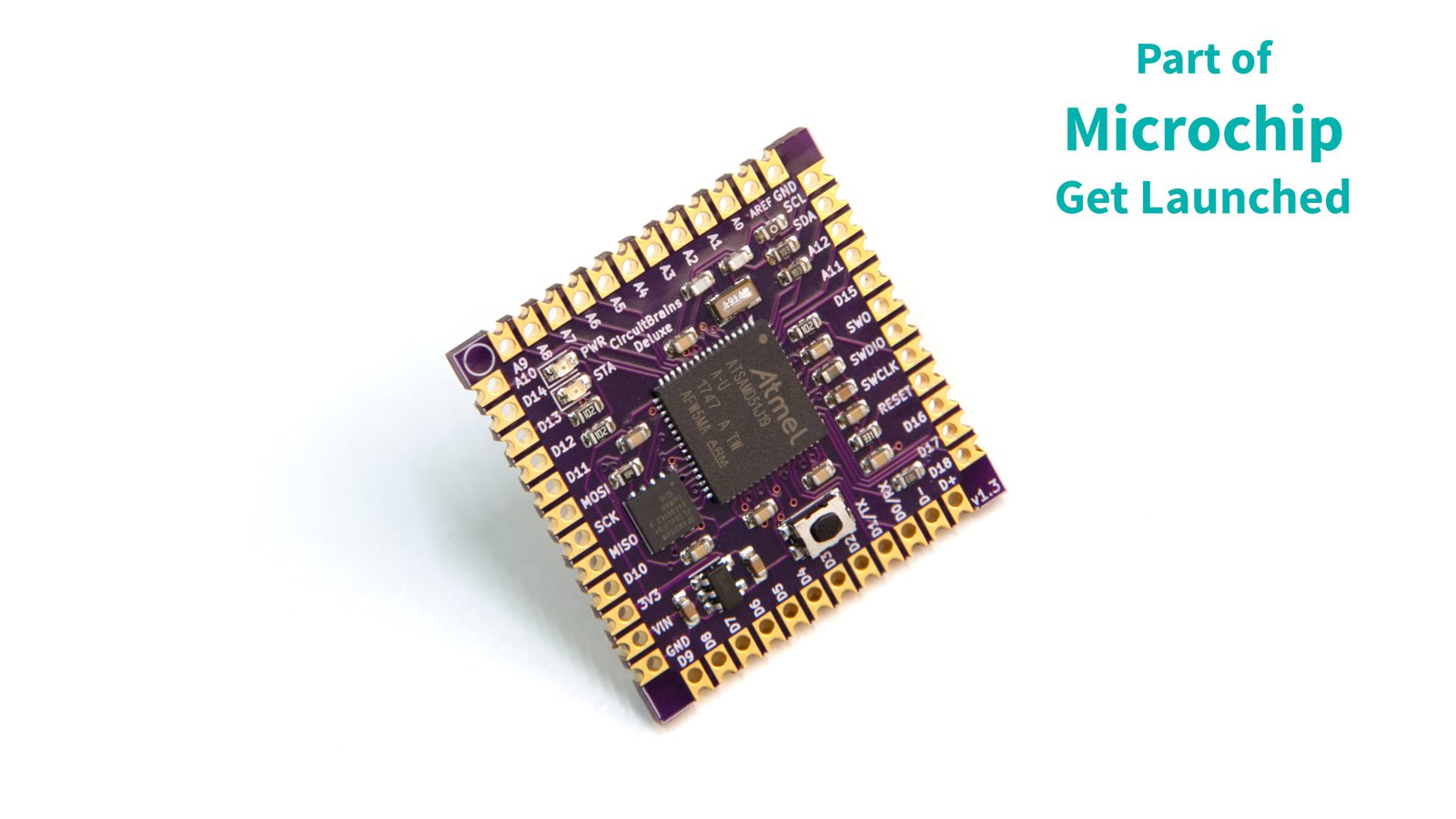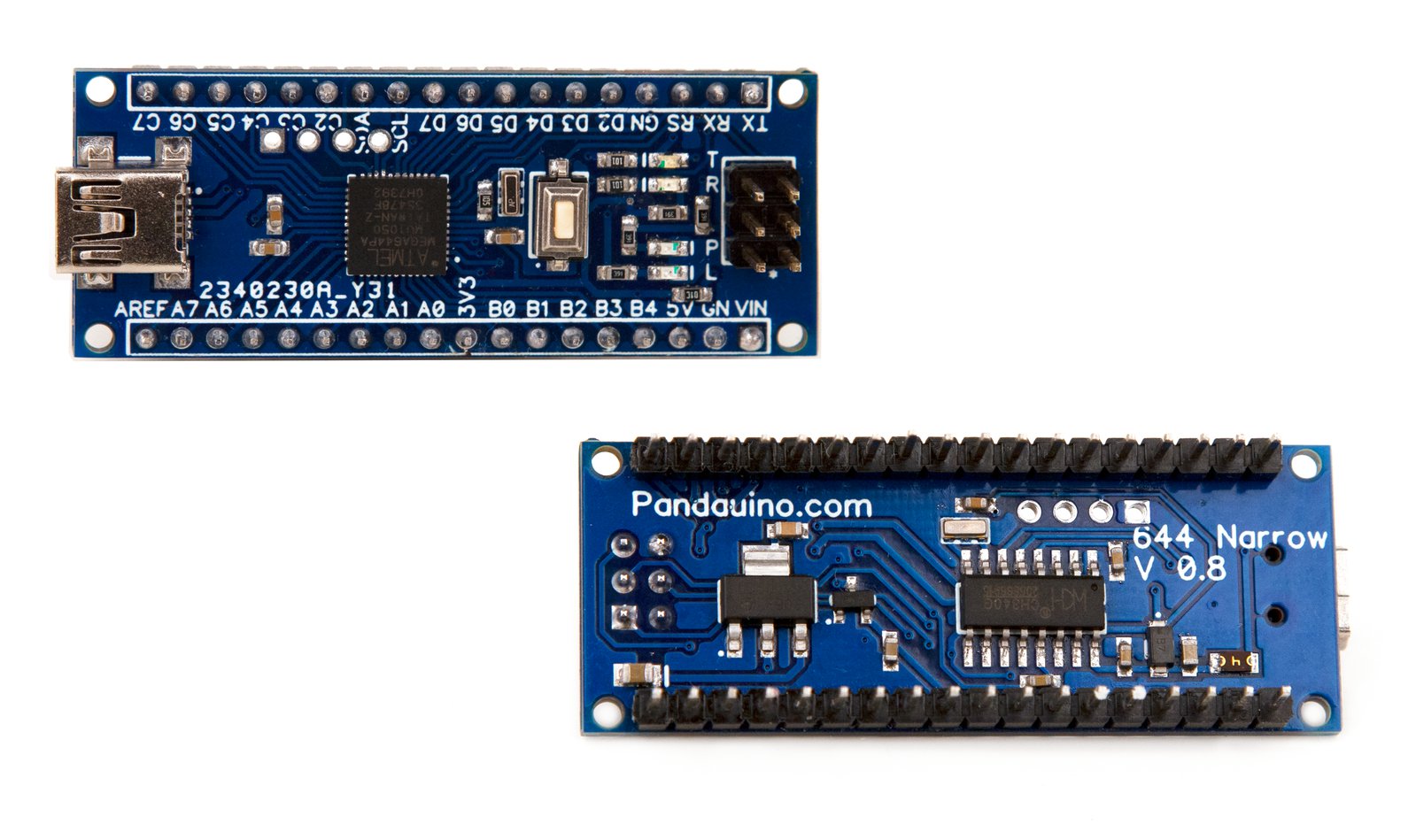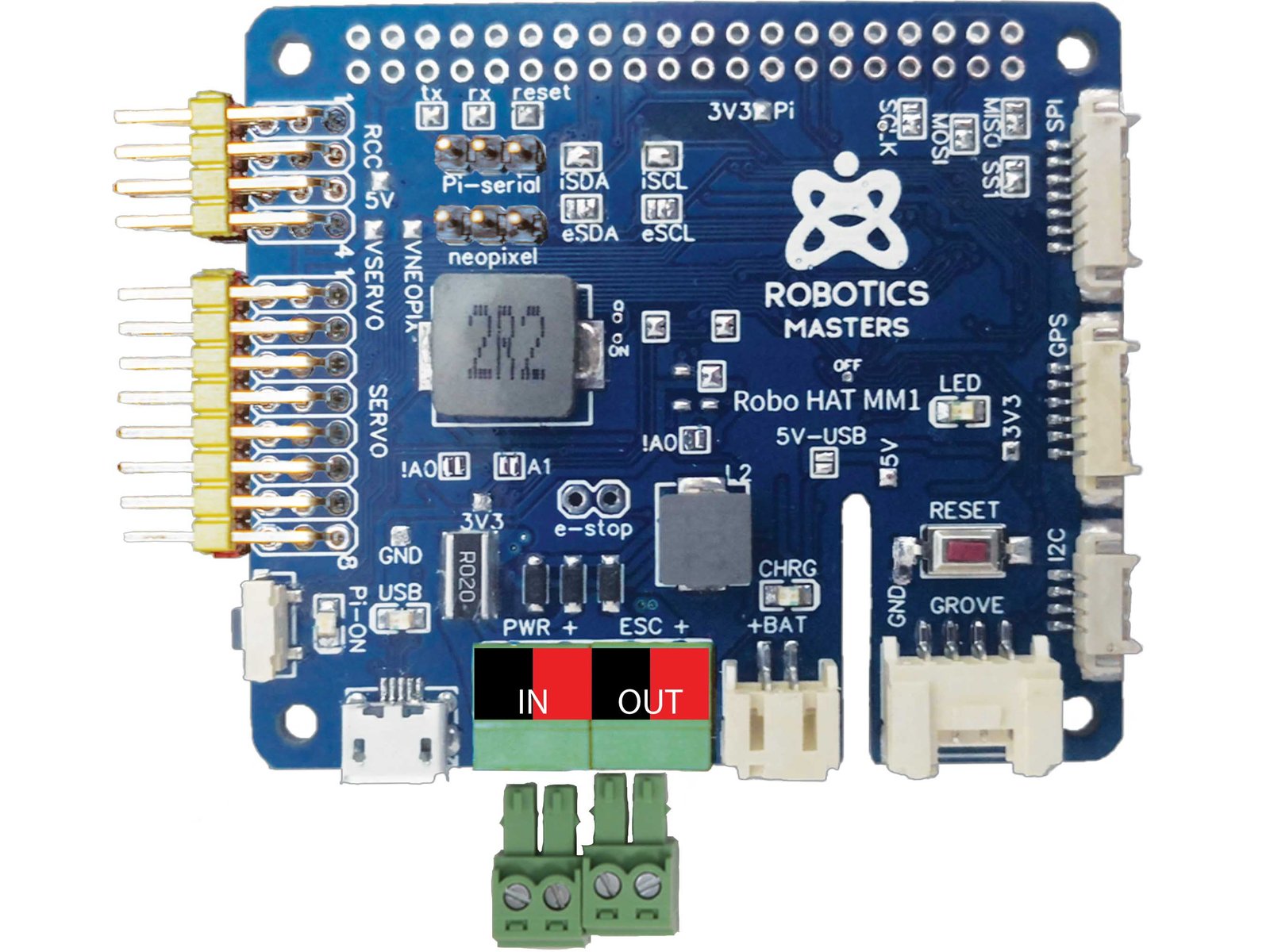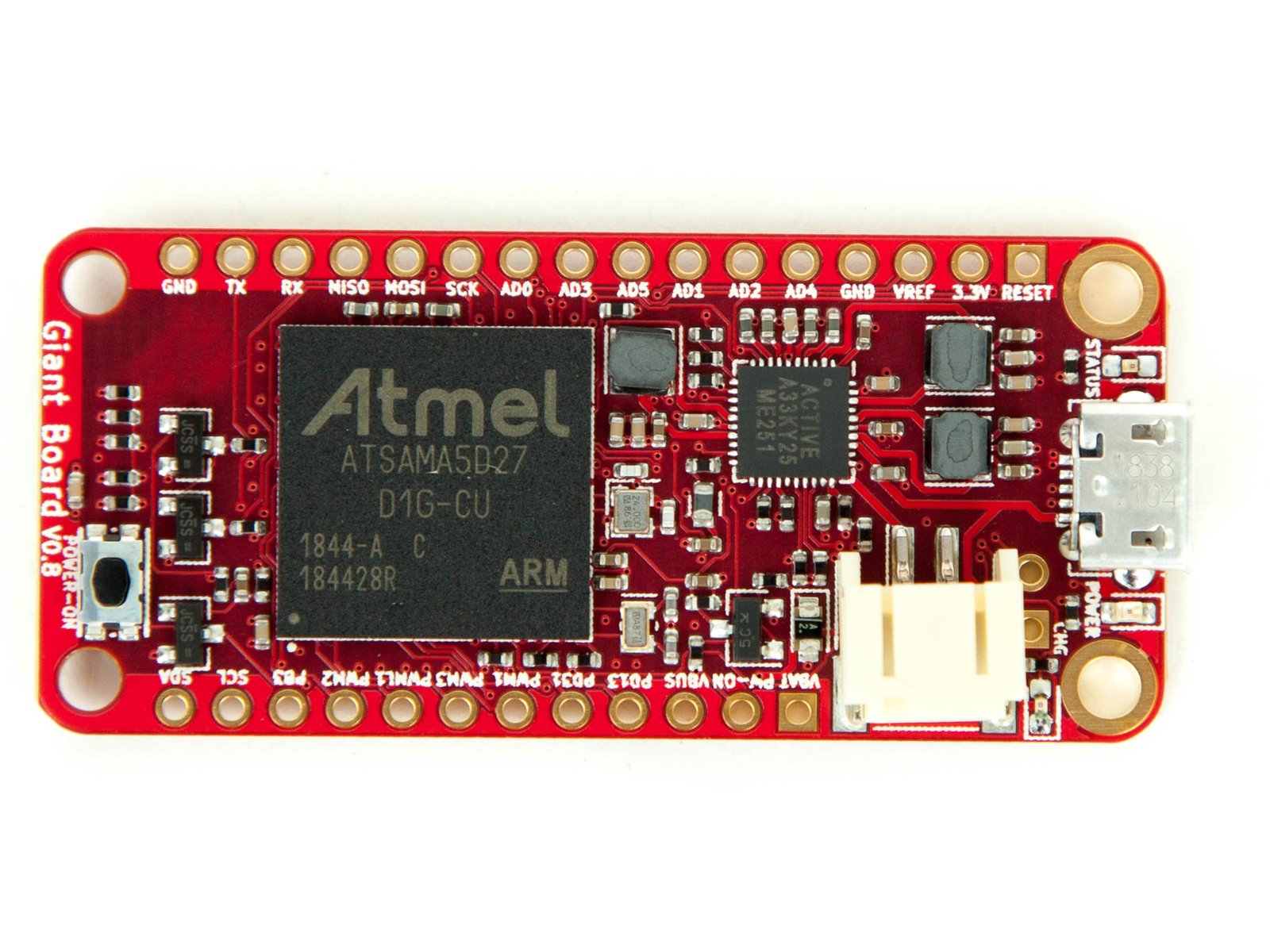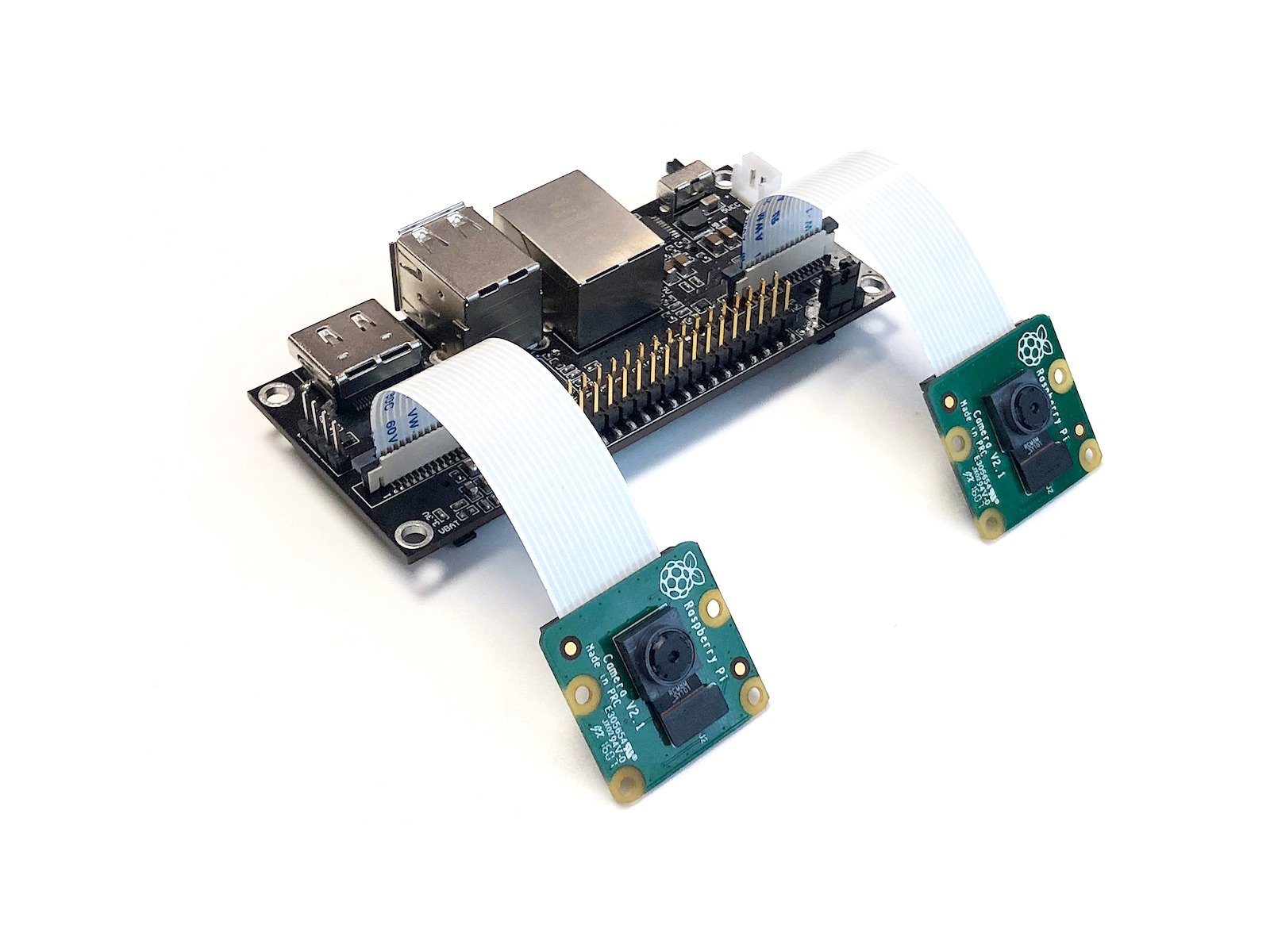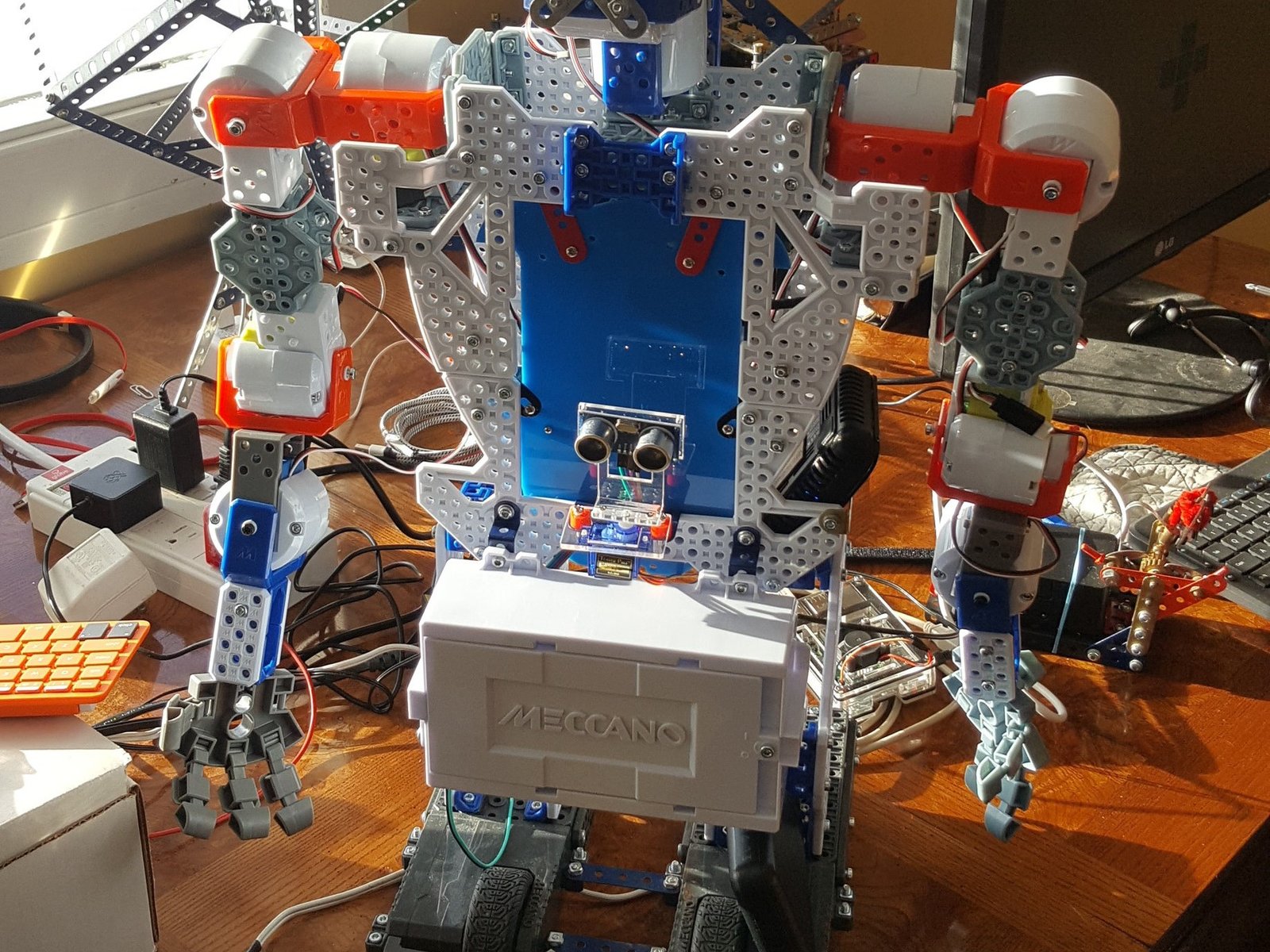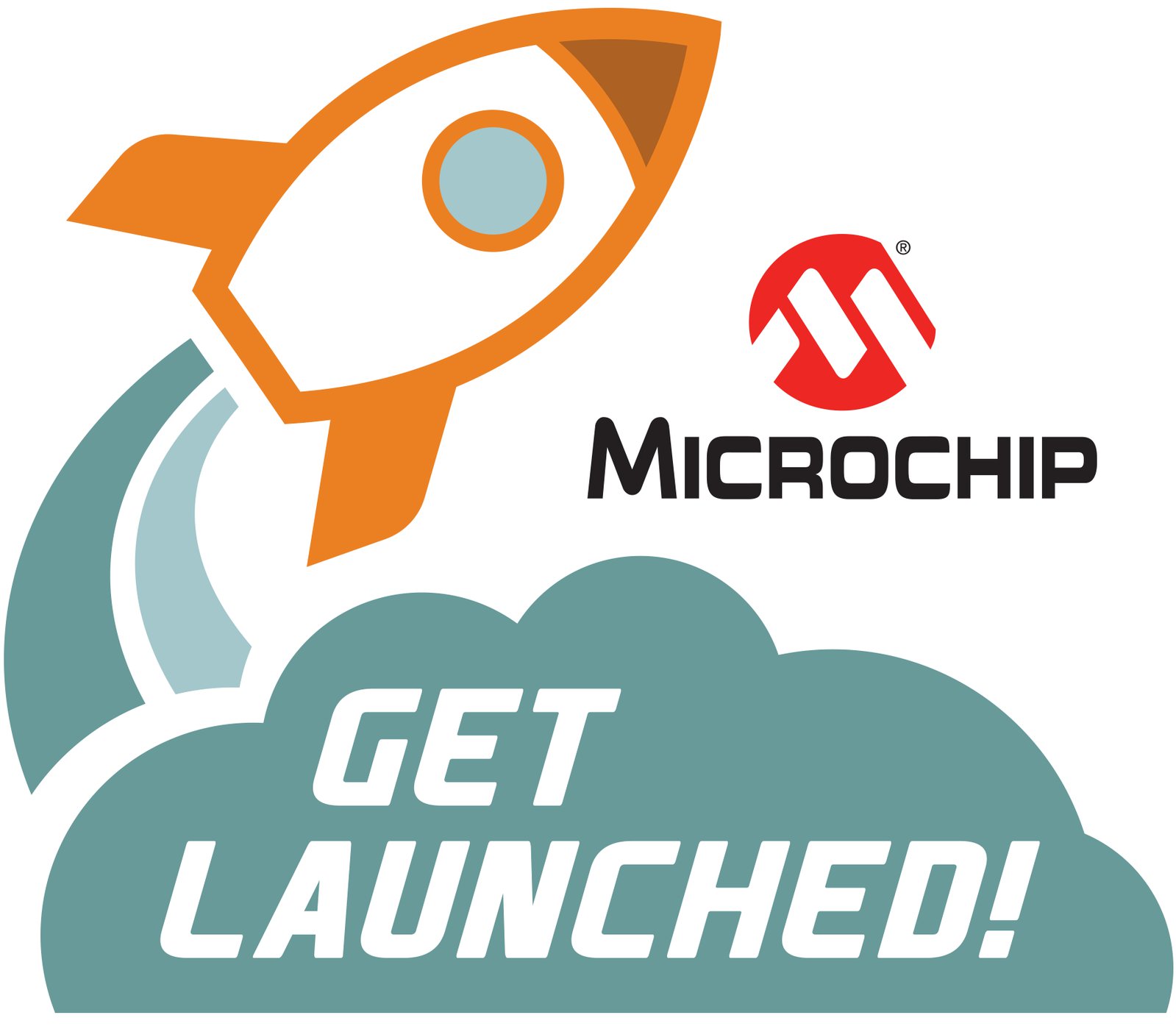Update 5 of 12
Announcing Get Launched 2020
Thanks to all of our 2019 Get Launched participants! It has been so exciting to see how your projects have come to life over the past year. Most of the Get Launched projects have already shipped to backers, and are now available to order through Crowd Supply.
The components used in 2019 ranged from our ever-popular ATmega328 microcontrollers to the specific wide-dynamic metering ICs.
We were very impressed and want to see what else you can do, so we’re happy to announce that the Microchip Get Launched program will continue accepting participants through 2020.
Now Funding: CircuitBrains Deluxe
CircuitBrains Deluxe is a tiny (1 inch²) ARM Cortex-M4 module that allows you to design a CircuitPython project without having to worry about complex microcontroller board layout, flash storage, bootloader, or firmware. It’s powered by the ATSAMD51J19 microcontroller (32-bit ARM Cortex-M4), and is small enough for any of your projects, even wearables. Learn more about CircuitBrains Deluxe.
Coming Soon: Narrow
These ATmega644- and ATmega1824-based boards are small, simple, and designed to reduce the footprint of your Arduino projects. The Narrow boards give you two to eight times more flash and RAM resources and ten more digital I/O as compared to an Uno/Nano, plus total compatibility. Learn more and subscribe for a launch alert.
2019 in Review
In Stock: Programmable USB Hub, Robo HAT MM1, and Giant Board
Programmable USB Hub is not your regular four-port USB 2 High-Speed hub - it’s also a CircuitPython-based dev board, I2C, GPIO, and SPI bridge, a USB to TTL Serial adapter, and more!
Robo HAT MM1 is an open source robotics controller board designed for education and learning.
Giant Board is a Linux-capable, super tiny, single-board computer (SBC) based on the Adafruit Feather form factor.
Field Reports: StereoPi Used in Droid Project
StereoPi is an open source stereoscopic camera based on Raspberry Pi that uses the LAN9513 Microchip USB Interface IC. See how one maker used StereoPi to make a telepresence droid!
Does your project showcase Microchip components? If so, you could be eligible to enter the Microchip Get Launched electronics design program! Microchip makes great electronic components and we’re looking for equally great examples of how they’re enabling new, innovative products in the real world.
